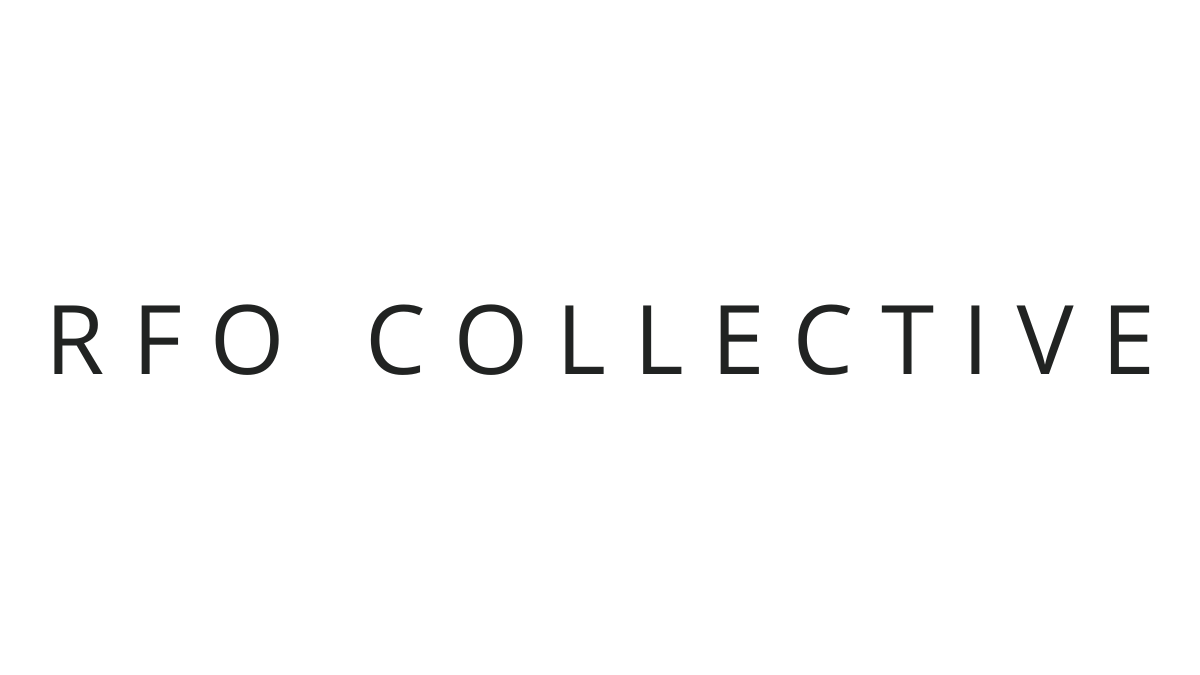Beyond Politics: The Enduring Friendship of Eleanor Roosevelt and Lorena Hickok
History remembers Eleanor Roosevelt as a strong, independent First Lady who championed human rights. Yet, behind the public persona existed a woman yearning for connection. Enter Lorena Hickok, a fiercely independent journalist, into Eleanor's life in 1932. Their friendship, though complex and evolving, became a testament to the enduring power of connection.
Lorena, known as "Hick," was tasked with writing a human-interest profile on Eleanor during Franklin D. Roosevelt's presidential campaign. Initially sceptical, Eleanor was won over by Hick's genuine curiosity. Their first documented meeting captures this spark. Hickok, impressed by Eleanor's intellect, remarked, "You're not a bit what I expected" [Susan Quinn, Eleanor and Hick]. Eleanor, touched by Hick's attentiveness, replied, "Then you expected wrong" [Quinn]. This initial exchange highlights the impact of exceeding expectations and finding genuine connection.
Their bond deepened quickly. Letters, released after Hickok's death, reveal a passionate love affair in the early years. Eleanor, often isolated in her marriage, found solace and acceptance in Hick's embrace. In one letter, Eleanor writes, "My dearest Hick... you are the sun that shines and the moon that pulls... the very life of me" [Quinn]. This excerpt speaks volumes about the profound impact Hick had on Eleanor's emotional well-being.
As Eleanor carved her own path as First Lady, her public commitments demanded more time. The dynamic of their relationship shifted. Hick, accustomed to Eleanor's constant presence, grew jealous and possessive. In 1937, a poignant exchange captures the strain. Eleanor, acknowledging the toll on their friendship, writes, "I never meant to hurt you... Such cruelty & stupidity is unpardonable" [Quinn]. Here, we see Eleanor reflecting on the unintended consequences of her actions and expressing a desire to preserve their connection.
Despite the challenges, their friendship endured. Letters continued, filled with updates, shared experiences, and expressions of care. In 1962, shortly before her death, Eleanor wrote, "You were a friend when I needed friendship most" [Quinn]. This final message underscores the lasting impact Hick had on Eleanor's life.
The story of Eleanor Roosevelt and Lorena Hickok transcends a simple celebrity friendship. It reminds us that connection can blossom in unexpected places, offering solace, love, and support. It emphasises the importance of reflection and taking responsibility for the impact we have on our friends. Most importantly, it reminds us to cherish the enduring power of human connection, even when it takes unconventional forms.

